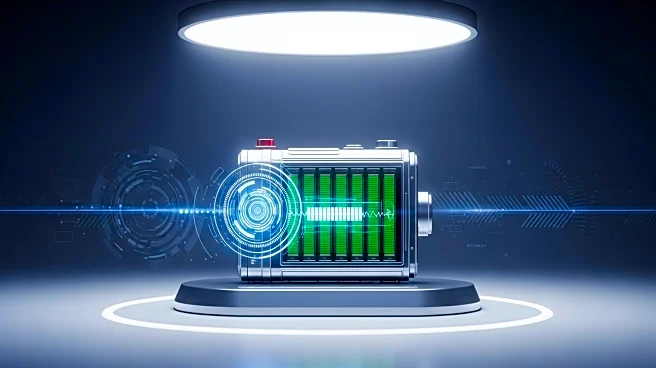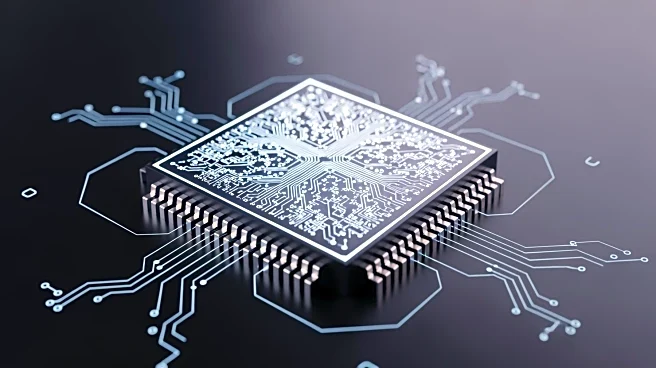What is the story about?
What's Happening?
Rimac Technology, a supplier for Porsche, has announced its plans to commence small-scale production of solid-state batteries by 2030. The company aims to develop a battery capable of providing a range of 500 to 600 kilometers and charging from 10 to 80 percent in less than 10 minutes. This initiative is part of Rimac's focus on electrification and innovation in battery technology, which is crucial for the advancement of electric vehicles. The development of solid-state batteries is expected to enhance the performance and efficiency of electric vehicles, addressing key consumer concerns such as range anxiety and charging times.
Why It's Important?
The move by Rimac Technology to develop solid-state batteries represents a significant advancement in battery technology, which is critical for the future of electric vehicles. Solid-state batteries offer numerous advantages over traditional lithium-ion batteries, including higher energy density, faster charging times, and improved safety. This development could accelerate the adoption of electric vehicles, contributing to the reduction of carbon emissions and the transition to sustainable transportation. As a supplier to Porsche, Rimac's innovation may influence other automakers to invest in similar technologies, potentially reshaping the competitive landscape of the automotive industry.
What's Next?
Rimac Technology's plans for solid-state battery production may prompt increased investment and research in battery technology across the automotive sector. Automakers and suppliers may collaborate to advance the development and commercialization of solid-state batteries, aiming to meet consumer demand for more efficient and sustainable electric vehicles. Regulatory bodies may also play a role in supporting these innovations through incentives and policies that encourage the adoption of advanced battery technologies.
Beyond the Headlines
The development of solid-state batteries by Rimac Technology could have broader implications for energy storage solutions beyond the automotive industry. These batteries may be utilized in various applications, including renewable energy storage and consumer electronics, potentially driving innovation and sustainability across multiple sectors.















